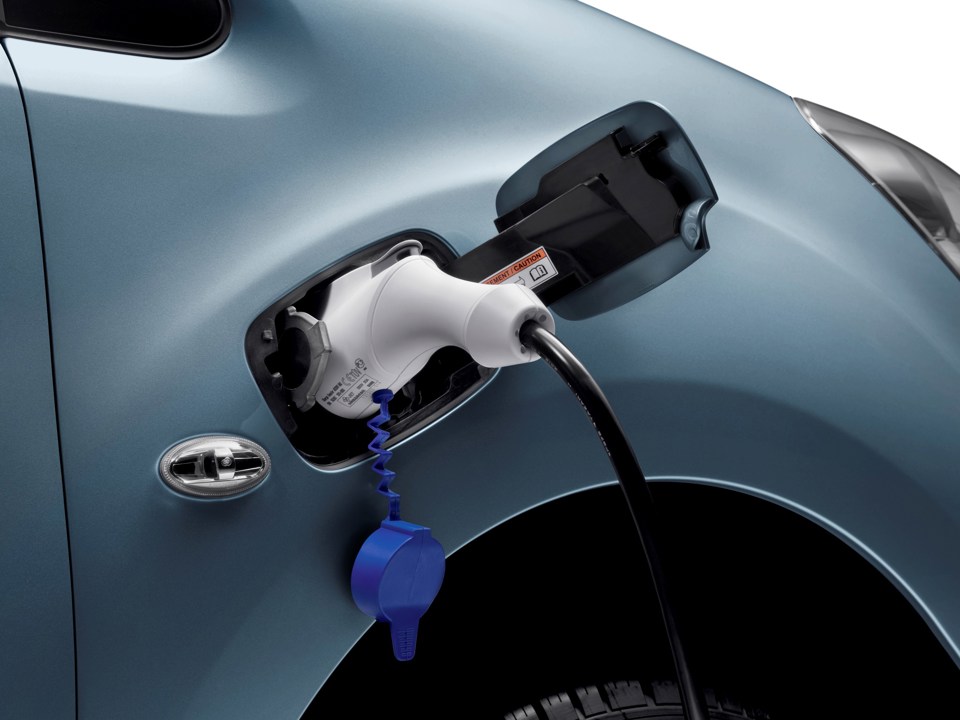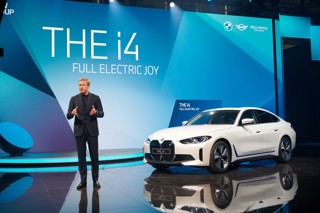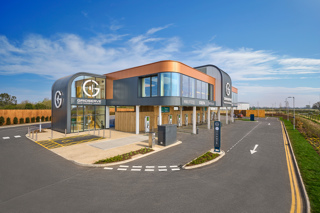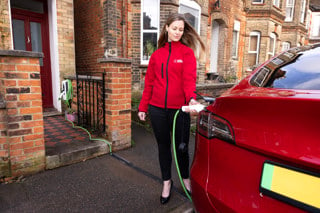Fleet decision-makers and drivers think that the cost of electric vehicles (EVs) will stand in the way of wider adoption, new research from BP suggests.
In a survey of 500 business drivers and 250 fleet managers, it found that more than two-thirds (69%) of drivers and 62% of fleets believed electrification could be held back by the significant upfront costs.
BP commissioned the research to explore how fleet managers and fleet drivers feel about electrification ahead of the 2030 ban on the sale of new internal combustion engine (ICE) vehicles.
There was a sense of confidence among some fleets towards the switch to EVs, with one-in-four fleets and drivers (25%) admitting to feeling ‘excited and proud’ about the prospect of an electric fleet.
More than two-thirds (69%) of fleet managers and more than half (52%) of drivers said they feel this way because of the positive impact switching will have on the environment.
The research also showed that almost half of fleet managers (43%) and drivers (41%) think they will have begun the transition within the next two years.
However, despite growing confidence, over half of fleet managers (53%) and fleet drivers (52%) say that charging on the go is still a concern.
Adrian Brabazon, UK fleet sales manager at BP, said: “It’s encouraging to see that many fleets are feeling positive about the transition to electric vehicles, and that confidence is growing within the industry.
“The announcement of our own investment in public charging will hopefully only drive this further.
“We know, however, that there are still obstacles to overcome, and that charging concerns still exist for fleets making regular long journeys – despite a growing network of ultra-fast chargers in the UK.
“Our research has shown that over half (54%) of fleets will use the public charging network in addition to charging points at home or at their depots.”
The Electric Vehicle Infrastructure Strategy, which was published by the Department for Transport (DfT) in March, highlighted the needs of fleets and committed £1.6 billion to the creation of 300,000 public charge points by 2030.
BP Pulse has also announced its own plans to spend £1bn over the next 10 years, tripling its own network of charge points in the UK.
The BP research marks the launch of Now’s the Time, its new campaign to support fleets with electrification and make the journey towards sustainability and net zero a little more straightforward, through its Fuel and Charge offer.
Fuel and Charge gives fleets access to more than 9,000 BP Pulse charging points and more than 3,400 fuel stations.
> Interested in comparing electric vehicle data? Check out our EV tool.
> Interested in ensuring the efficient use of EVs. Check out our dedicated editorial sections: Insight & policy | EV news | Charging & infrastructure | Costs & incentives | Benefit-in-kind | EV case studies | EV road tests























Login to comment
Comments
No comments have been made yet.